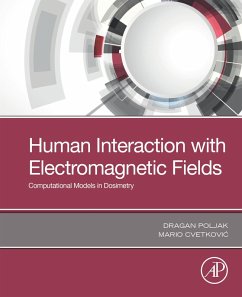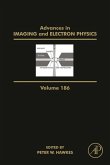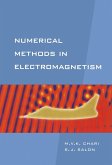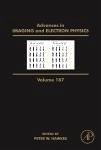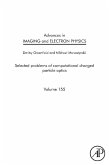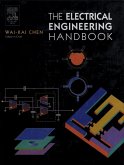Human Interaction with Electromagnetic Fields: Computational Models in Dosimetry presents some highly rigorous and sophisticated integral equation techniques from computational electromagnetics (CEM), along with practical techniques for the calculation and measurement of internal dosimetry. Theory is accompanied by numerical modeling algorithms and illustrative computational examples that range from academic to full real-world scenarios.
- Covers both deterministic and stochastic modeling
- Presents implementations of integral equation approaches, overcoming the limitations of the FDTD approach
- Presents various biomedical applications
Dieser Download kann aus rechtlichen Gründen nur mit Rechnungsadresse in A, B, BG, CY, CZ, D, DK, EW, E, FIN, F, GR, HR, H, IRL, I, LT, L, LR, M, NL, PL, P, R, S, SLO, SK ausgeliefert werden.

